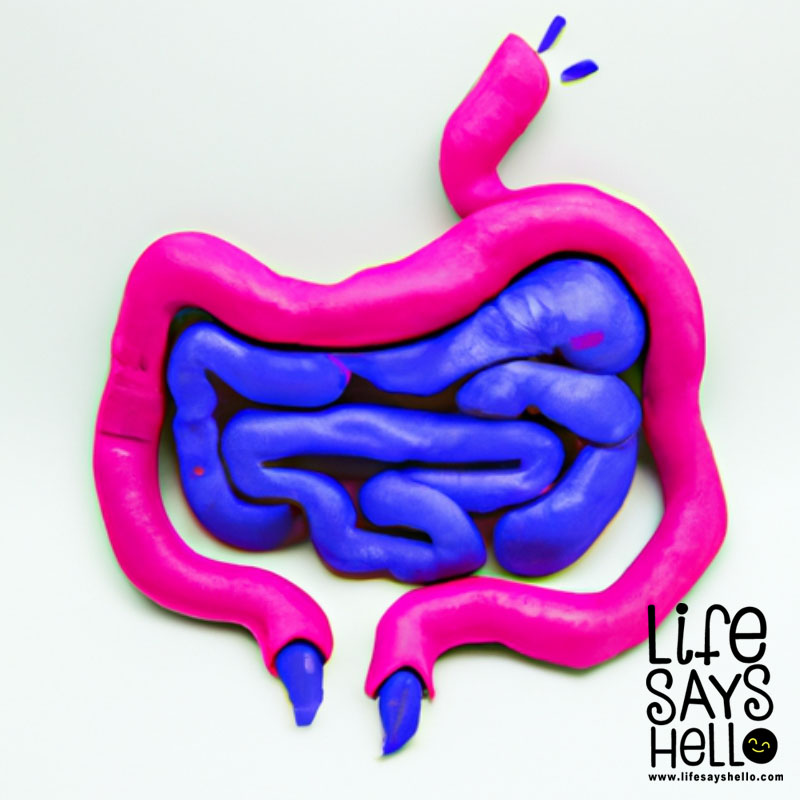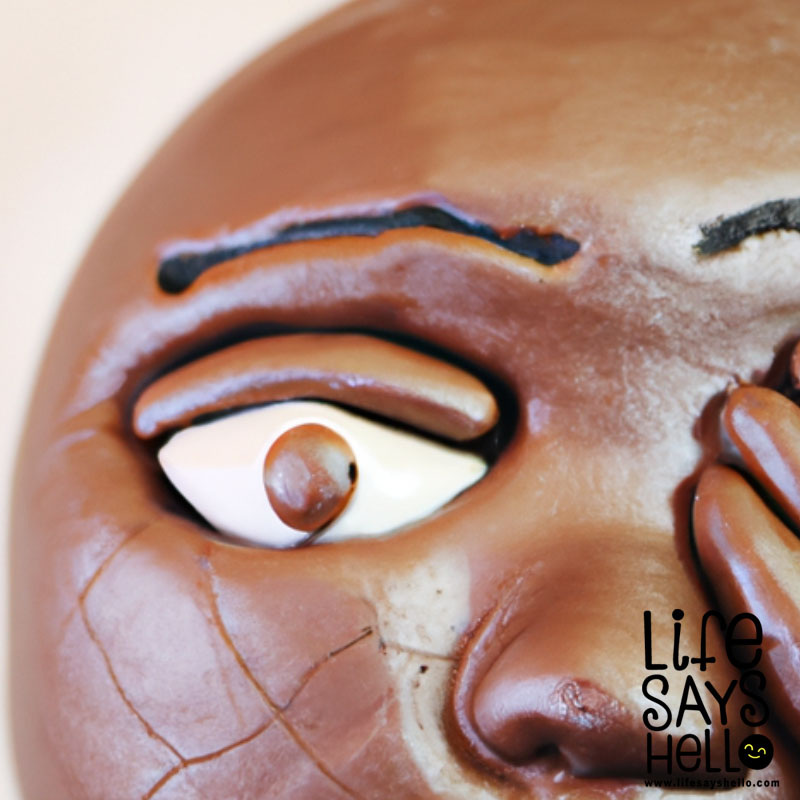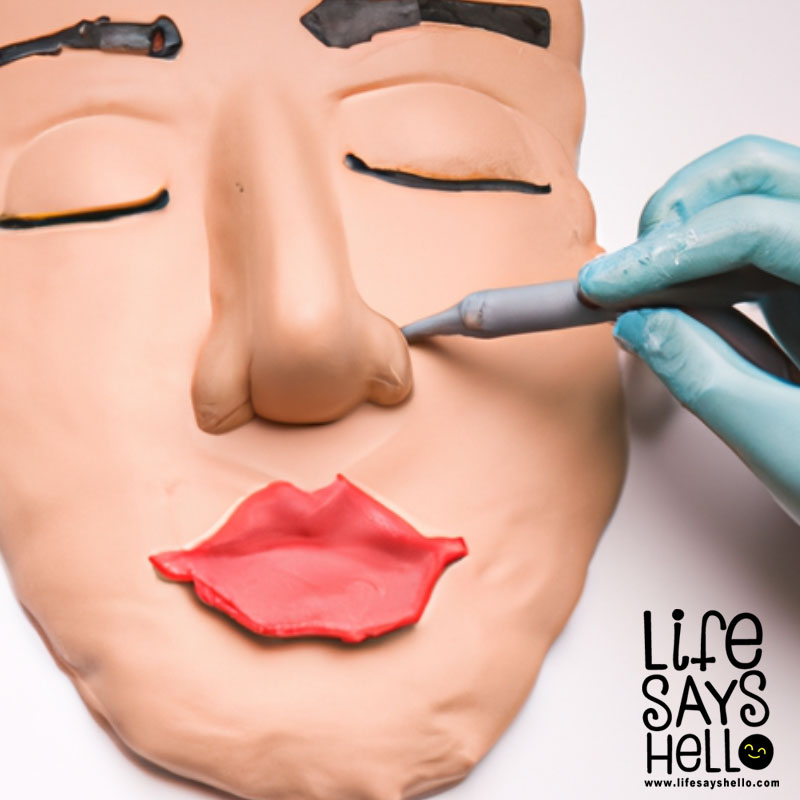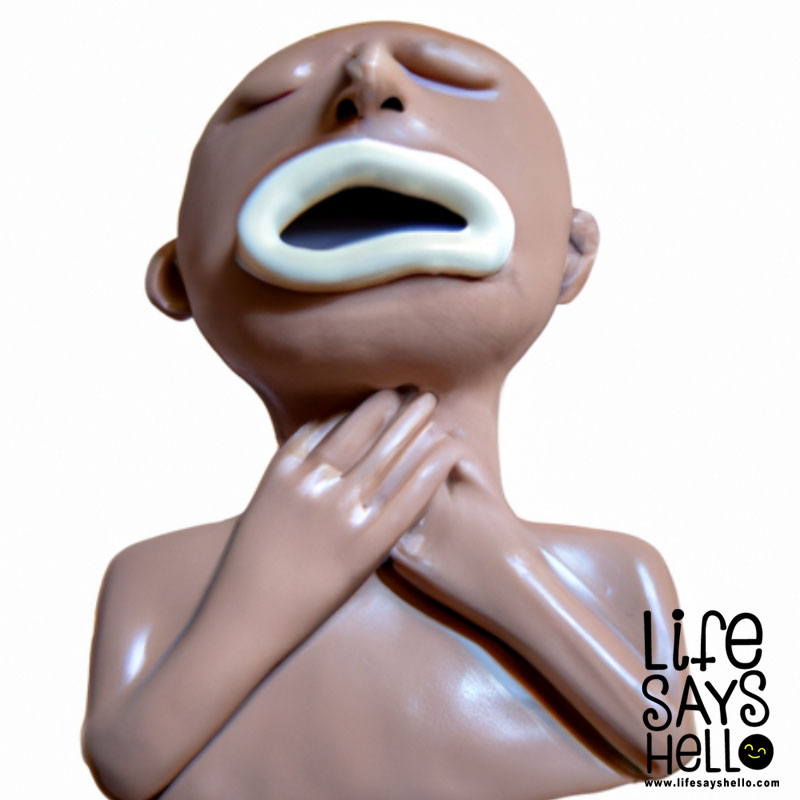Why Do I Have Diarrhea? Uncovering Causes, Duration, and the Best Foods to Eat for Relief

Suffering from diarrhea can be an uncomfortable and sometimes embarrassing experience. If you've ever wondered, "Why do I have diarrhea?" or "Why has it lasted for a week?", you're not alone. In this comprehensive guide, we'll delve into the common causes of diarrhea, its duration, and the best foods to eat when you're dealing with this unpleasant condition. So, let's get started on your journey to understanding and overcoming diarrhea.
Introduction
Diarrhea is a common ailment that most people have experienced at some point in their lives. It can be a mild inconvenience or a more serious issue, depending on the cause and duration. Understanding the reasons behind diarrhea and knowing what to eat when you have it can help alleviate symptoms and speed up recovery. In this article, we'll explore the answers to questions like "Why do I have diarrhea?" and "Why have I had diarrhea for a week?" while also providing helpful dietary tips to manage the condition.
Why Do I Have Diarrhea?
Diarrhea can be caused by various factors, ranging from relatively harmless to more serious. Let's take a look at some of the most common causes:
Viral or bacterial infections: Gastroenteritis, also known as the stomach flu, is a common cause of diarrhea. It can be caused by viruses like rotavirus and norovirus or bacteria like E. coli and Salmonella. These infections typically spread through contaminated food, water, or close contact with an infected person.
Food intolerances: Some people have difficulty digesting certain types of food, leading to diarrhea. Lactose intolerance, for example, occurs when a person cannot properly digest lactose, a sugar found in dairy products. Similarly, fructose intolerance can cause diarrhea when a person consumes foods high in fructose, a natural sugar found in fruits and some processed foods.
Medication side effects: Certain medications, such as antibiotics, can cause diarrhea by disrupting the balance of good and bad bacteria in your gut. Other medications, like antacids containing magnesium and some diabetes treatments, may also lead to diarrhea.
Less common causes: Diarrhea can also be a symptom of more serious health issues, such as irritable bowel syndrome (IBS), inflammatory bowel disease (IBD), celiac disease, or even colon cancer. If you suspect any of these conditions, it's essential to consult a healthcare professional for proper diagnosis and treatment.
Why Have I Had Diarrhea for a Week?
While most cases of diarrhea are short-lived, lasting only a few days, there are instances where it can persist for a week or even longer. Diarrhea lasting more than a few days may be a sign of a more serious underlying issue. Some possible reasons for prolonged diarrhea include:
Persistent infections: In some cases, viral or bacterial infections can cause diarrhea that lasts longer than usual. This may be due to a particularly aggressive strain of the virus or bacteria or a weakened immune system.
Parasitic infections: Parasites like Giardia, Cryptosporidium, and Entamoeba histolytica can cause diarrhea that lasts for a week or longer. These parasites are typically contracted through contaminated food, water, or contact with an infected person.
Chronic conditions: As mentioned earlier, conditions like IBS, IBD, and celiac disease can cause ongoing diarrhea. If you've been experiencing diarrhea for a week or more, it's essential to consult a healthcare professional to rule out or confirm any chronic conditions.
What to Eat When You Have Diarrhea
When you're dealing with diarrhea, it's crucial to consume easily digestible foods that won't further irritate your digestive system. Here are some suggestions on what to eat and what to avoid:
Foods to eat:
BRAT diet: The BRAT diet (bananas, rice, applesauce, and toast) is a popular recommendation for those with diarrhea. These foods are bland and easy to digest, making them gentle on your stomach.
Crackers: Plain crackers, like saltines, can help absorb excess fluid in your stomach and provide a source of carbohydrates for energy.
Boiled potatoes: Potatoes are a good source of carbohydrates and potassium, which can help replace lost electrolytes. Boil or steam them without added fat, and avoid adding butter or cream.
Chicken broth: Sipping on warm, clear chicken broth can help soothe your stomach and provide essential nutrients.
Hydration: Staying hydrated is crucial when you have diarrhea, as you lose a significant amount of fluid. Drink water, clear broths, and electrolyte replacement drinks to replenish lost fluids and electrolytes.
Foods to avoid:
Dairy: Dairy products can be difficult to digest and may worsen diarrhea, especially if you're lactose intolerant.
Spicy foods: Spicy foods can irritate your digestive system and exacerbate diarrhea symptoms.
High-fat or greasy foods: Foods high in fat can be hard to digest and may worsen diarrhea.
Caffeine and alcohol: Both caffeine and alcohol can have a diuretic effect, causing increased fluid loss and dehydration.
When to See a Doctor
It's important to know when to seek medical advice for diarrhea. You should consult a healthcare professional if:
- Diarrhea lasts for more than a week
- There's blood in your stool
- You have severe abdominal pain
- You're experiencing symptoms of dehydration, such as dizziness, dark urine, or decreased urine output
- You have a high fever
Conclusion
Understanding the causes of diarrhea and knowing what to eat can help you manage this uncomfortable condition and speed up your recovery. Keep in mind that if your diarrhea lasts for more than a week or is accompanied by other concerning symptoms, it's essential to seek medical advice. By following the dietary tips outlined in this article and staying in tune with your body's needs, you'll be better equipped to overcome diarrhea and get back to feeling your best.




Comments